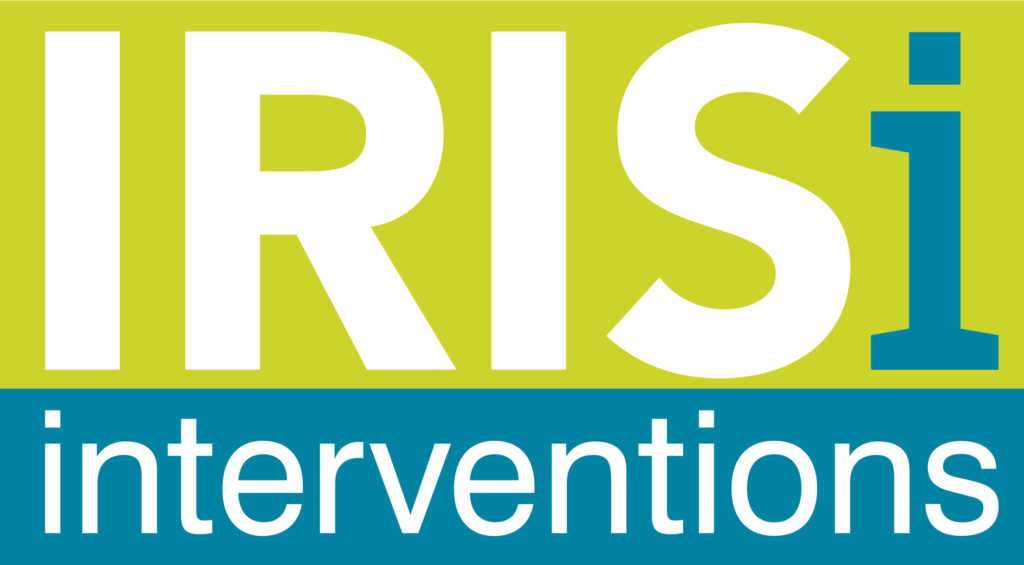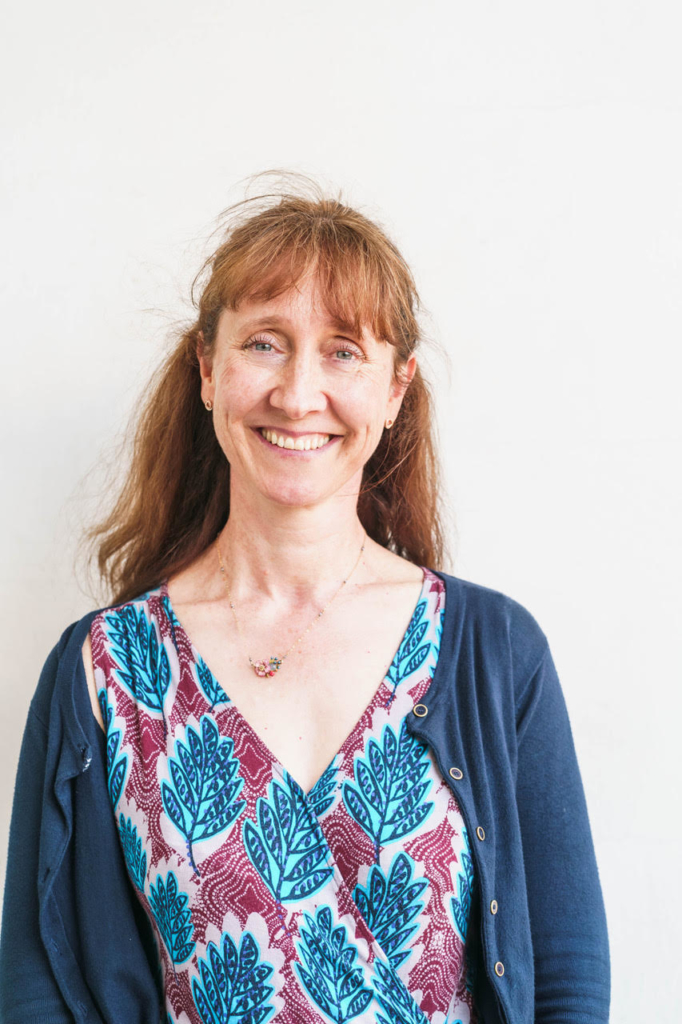Recognising Domestic Violence A Vital Requirement For Health Professionals
https://chat.whatsapp.com/AmbulanceToday

IRISi is a social enterprise established in 2017, providing expert advice and consultancy in the field of domestic violence, abuse and health.
They specialise in training local partners and health care professionals to identify and refer patients affected by domestic violence and abuse through their flagship intervention, IRIS (Identification and Referral to Improve Safety).
They support the local commissioning, implementation and growth of the IRIS programme, including bid development, training for trainers, ongoing support, national analysis and monitoring whilst also collaborating with partners to develop innovative, evidence-based health interventions for those affected by gender-based violence.
“Our vision is a world in which gender-based violence is consistently recognised and addressed as a health issue. Our mission is to improve the healthcare response to gender-based violence through health and specialist services working together.”
Medina Johnson, CEO IRISi
The IRIS programme has helped refer over 15,500 women to date. An IRIS programme is first commissioned within a certain geographical area.
Local IRIS teams are then recruited and trained and these teams go on to train local GPs, healthcare professionals and clinicians in recognising the signs and symptoms of Domestic Violence and Abuse (DVA) as well as how to ask the patient the right questions.
If the patient requires help, they are referred to an Advocate Educators (AE), who provides support to both the practice and the patients that are recognised and referred.
“Many of us know the statistics” says Medina Johnson, CEO at IRISi.

“25% of women will experience Domestic Violence and Abuse (DVA) at some point in their lives. Two women are killed every week at the hands of a current or former partner, or adult family member.
Behind each statistic is a woman, a friend, a sister, a daughter, a mother, a grandmother, an auntie; most of these women will have had recent contact with health services.
How many of them will have found it difficult to say what was happening for them at home during their appointment? How many of them wanted someone to look beyond what they were saying?
How many women will have sat with a doctor or nurse who felt uncomfortable to look beyond and ask their patients about what was happening for them at home or whether they felt frightened or controlled by anyone because they didn’t think they had the right words or knowledge of the next steps to take? How many women were missed?”
“We know that DVA impacts both the mental and physical health of those it affects and that this has ramifications throughout the family.” Continues Medina. “In cold, hard business speak, we also know that DVA also costs the NHS a lot of money in terms of appointments, chronic illness and prescriptions.
Clinicians want to know how to best support patients and how to offer support. This is why they become medics. We can’t expect them to simply know what to do to support patients affected by DVA without offering training and support and onward referral pathways.
We need to support our clinical colleagues to look beyond and we need commissioners to fund this support in a sustainable way.”
The IRIS model rests on five principles:
- Recognise when a patient is affected by DVA
- Ask them about it
- Respond in an understanding way
- Refer the patient into specialist support
- Make a record of the consultation and disclosure.
IRIS teams provide in-house specialist domestic violence training sessions to enable staff to become better equipped to respond to concerns and disclosures of DVA from all patients and perpetrators. Staff then receive ongoing support and DVA consultancy after training is completed from a named Advocate Educator.
Regular attendance from the Advocate Educator at team meetings helps remind staff about the service and also provides health care workers with support for any challenging cases.
If you are concerned a patient might be affected by DVA, only ask them about this if they are alone. It is not safe to ask when a patient is accompanied, even by a child.
As a minimum, have national helpline numbers to offer or the contact information for your local, specialist service. If you have safeguarding concerns then follow your usual safeguarding procedures.
Do not prescribe what the patient should do but let them know that support is available. Be sure to record the consultation in the electronic medical record. These are useful numbers for you:
- National 24 Hour Helpline: 0808 200 0247
- Men’s Advice Line: 0808 8010 327
- Respect: 0808 801 0327
Click here for more information or to make direct contact with IRISi to obtain their services.

Quality content
- Casinos Not On Gamstop
- Casinos Not On Gamstop
- Casino Sites Not On Gamstop
- Non Gamstop Casino
- UK Online Casinos Not On Gamstop
- Casino Sites Not On Gamstop UK
- Casino Sites Not On Gamstop
- Games Not On Gamstop
- Sites Not On Gamstop
- UK Online Casinos Not On Gamstop
- Casino Not On Gamstop
- Slots Not On Gamstop
- Casino Not On Gamstop
- Gambling Not On Gamstop
- Casinos Not On Gamstop
- Non Gamstop Casino
- UK Online Casinos Not On Gamstop
- Casino Sites Not On Gamstop
- Best Betting Sites
- Best UK Online Casinos
- New Horse Racing Betting Sites

Leave a Reply
Want to join the discussion?Feel free to contribute!